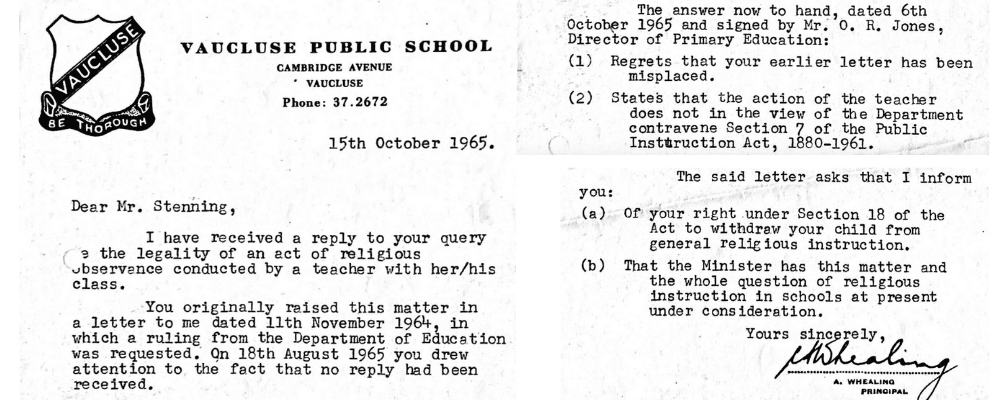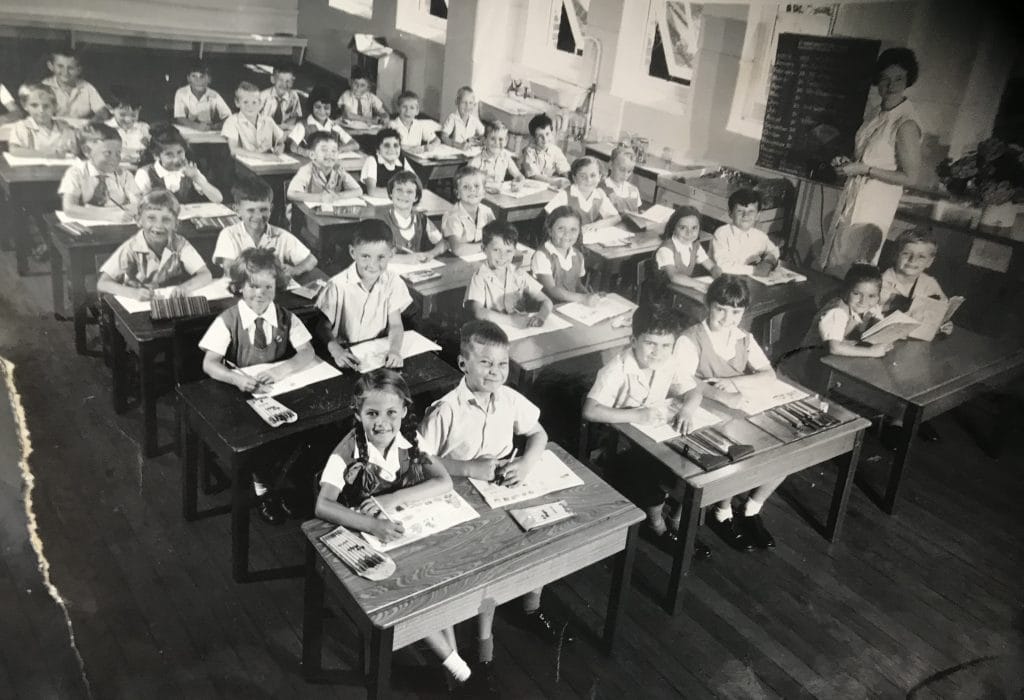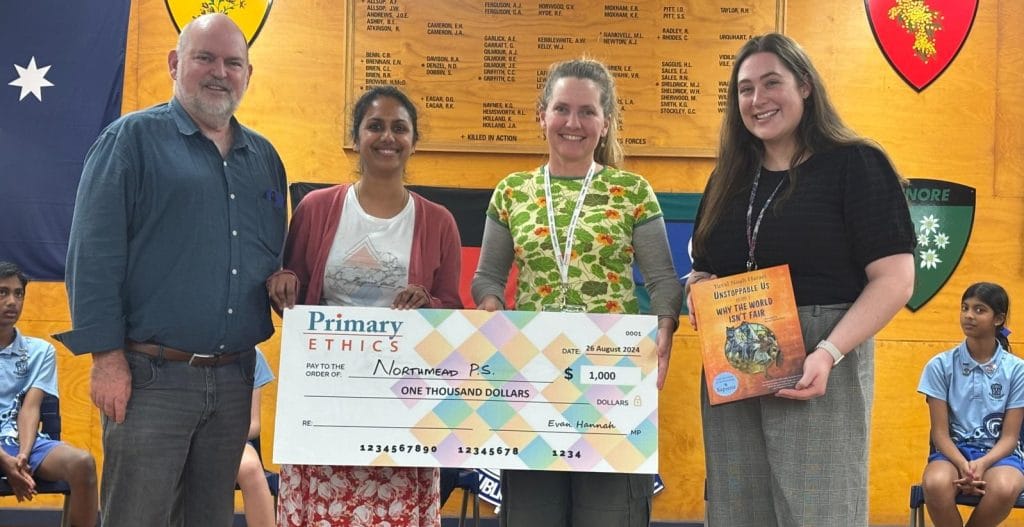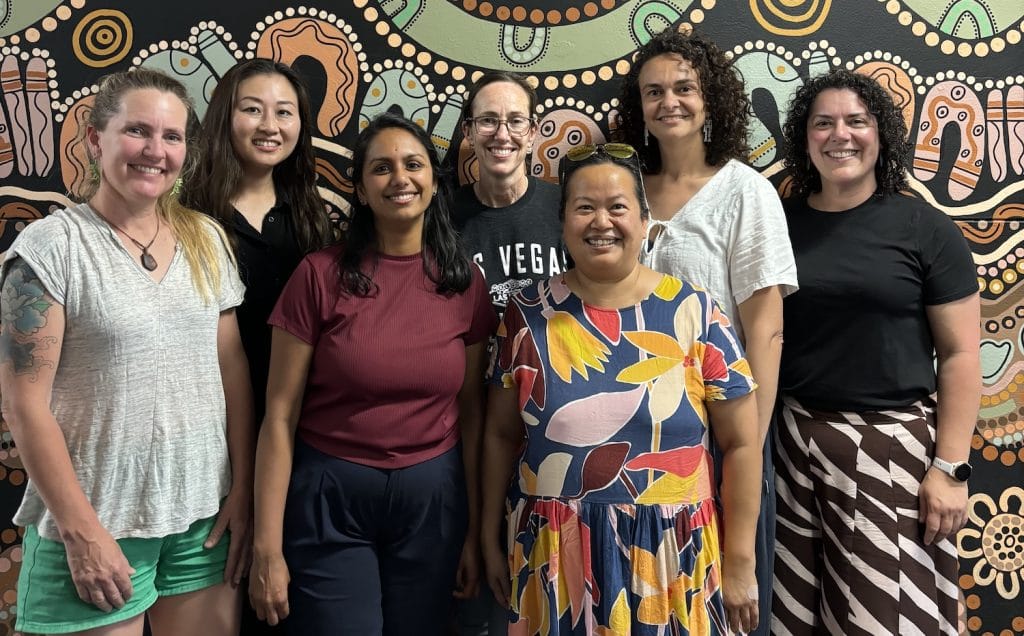The secret weapon against polarisation – Osher Günsberg
Osher Günsberg, radio and television presenter and now popular podcaster, has joined the ranks of ethics volunteers at his son’s school. Osher says: “When I open my phone, it explodes in a cascade of fear, fury and furphies… leaving me spinning in a tizz of desperation and powerlessness. … I think I have found something that makes that feeling less intense and instead gives me the feeling that I am actually doing something that will make a difference.” Thanks Osher for this lovely reflection, we wish you the best in your year of ethics volunteering ahead.









